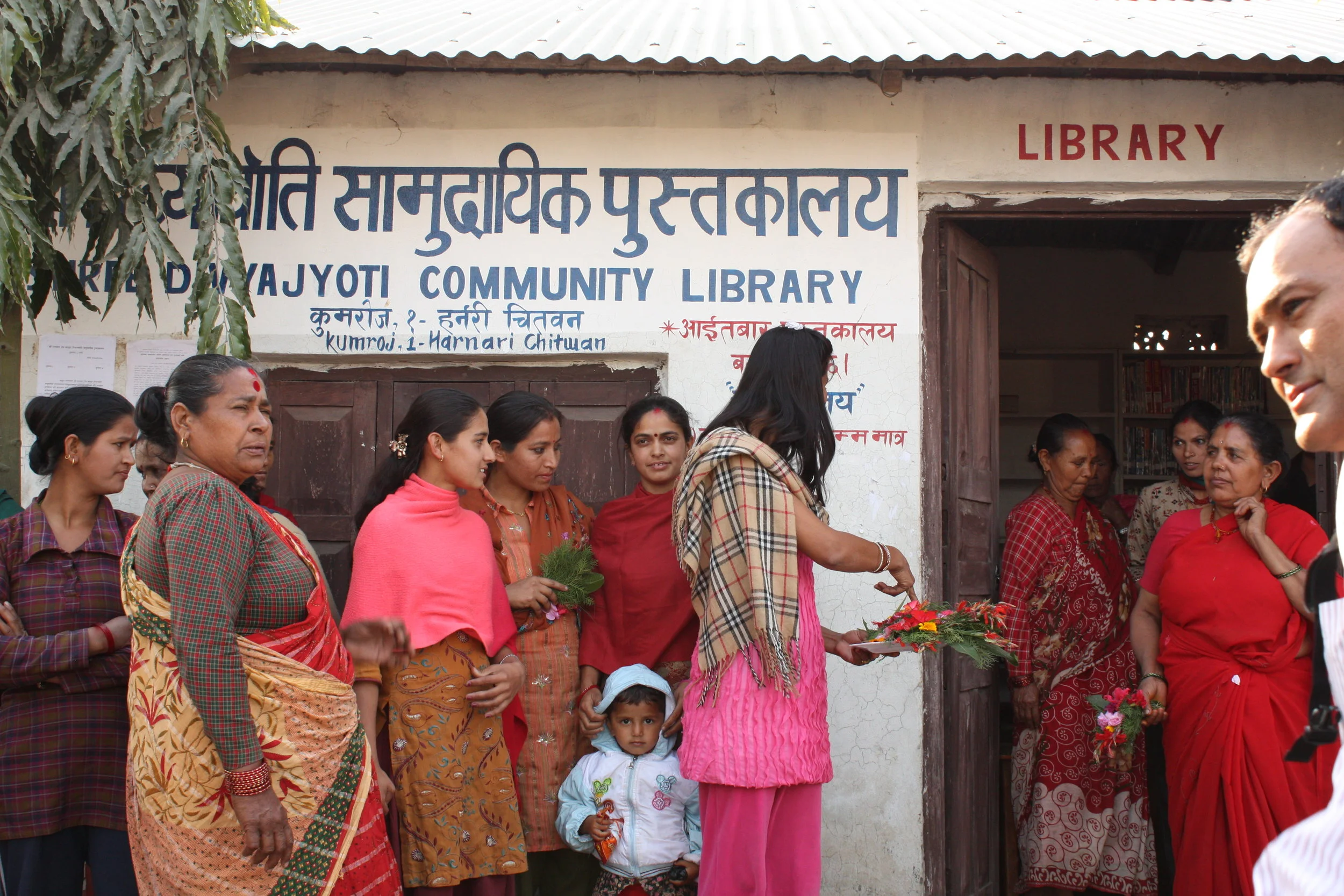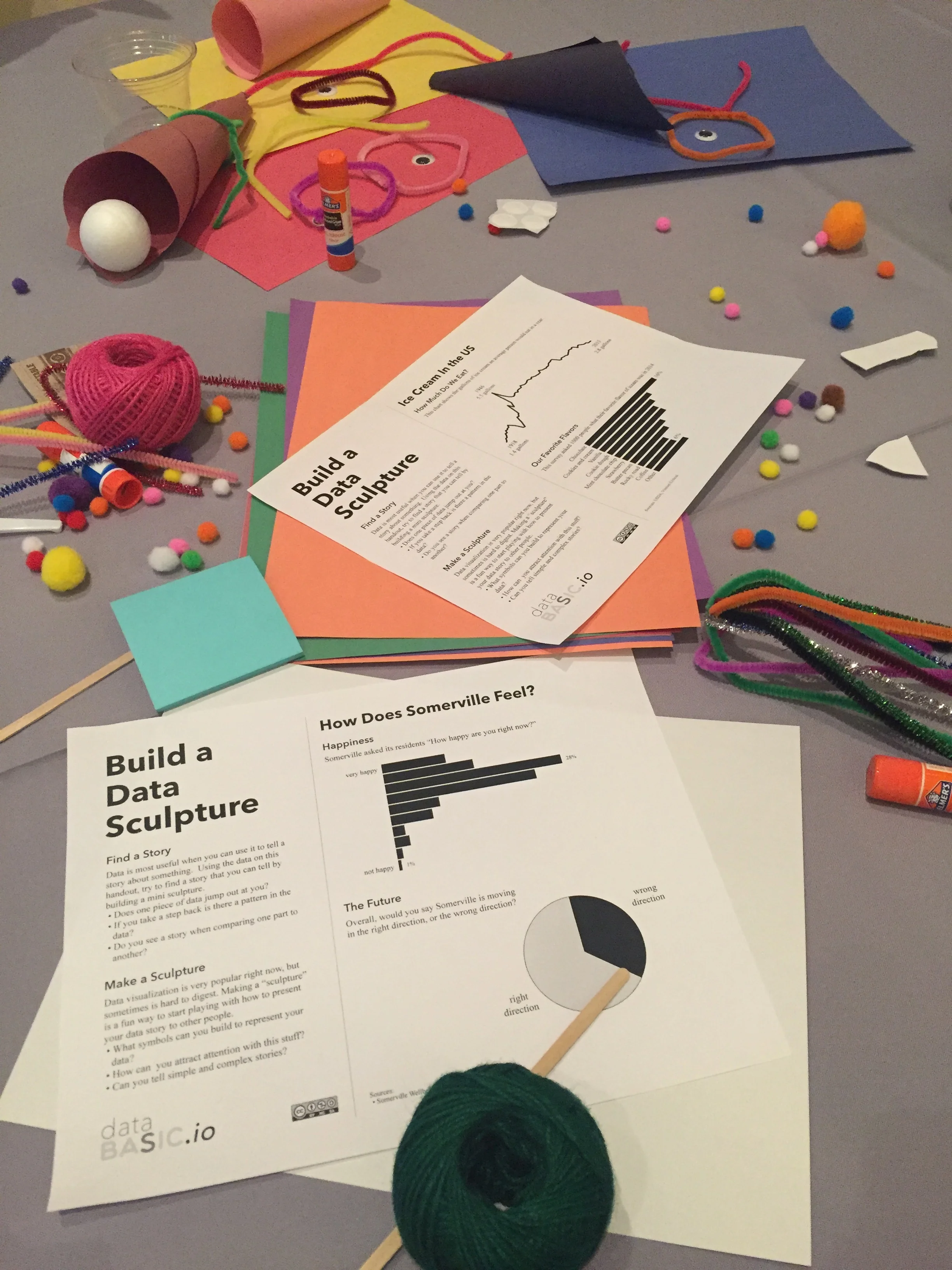May 11, 2020 | Nancy Latham
As the Covid-19 pandemic is both revealing and deepening inequities, evaluation must work in service of equity, now more than ever. One way that evaluation can center affected communities: Restructure the system so that the demand for evaluation comes from nonprofits, rather than foundations.
November 5, 2019
Find us at AEA next week, leading three sessions focused on this year’s theme, Paths to the Future of Evaluation.
Nancy Latham - September 24, 2019
People power is a critical ingredient in advocacy success, so advocacy evaluators would do well to have a deep understanding of what it is, and how it can best be activated. Read what one advocacy evaluator at LFA has learned about people power – not from evaluating it, but from trying to build it.
Sarah Illing - August 5, 2019
We revisit LFA’s series of Equity Checklists and one tool that evaluators can use to design equitable evaluations from the start.
Nancy Latham - June 7, 2019
If you run an advocacy campaign, you definitely have ideas about the ways it’s making progress. You can see the stumbling blocks, and you may be able to point to dramatic and obvious success. If you are documenting and reflecting on all this, you are also engaging in evaluation and learning – even if you don’t call it that! But along the way, chances are you have bumped up against questions. Explore this blog to find out more.
Rachel Lipton - May 14, 2019
Individual and organizational learning is crucial to the sustainability and effectiveness of the social sector (and in life!). This post explores how coaching can be a powerful tool for learning by supporting individual and organizational growth.
Katie McGeehan - April 25, 2019
LFA is pleased to share the Leadership Development Guide – a resource on developing, implementing, assessing, and enhancing leadership development programs produced by two of our clients, The Schusterman Family Foundation and Rockwood Leadership Institute. The guide is informed by insights developed from program evaluations conducted through each organization’s strategic learning partnership with LFA, and provides practical advice for organizations interested in strengthening their leadership development programs.
Rachel Hall - April 9, 2019
LFA shares an effective and replicable approach to building capacity among school districts to provide high quality comprehensive sex education, developed by Cardea in California as part of the Working to Institutionalize Sex Ed (WISE) Initiative. The Comprehensive Sex Education (CSE) Network model highlights how counties can provide support to their school districts to ensure that young people receive essential information and skill-building opportunities.
Elba Garcia - March 18, 2019
Building data use capacity was a big theme at this year’s Stanford Social Innovation Review (SSIR)’s Data on Purpose conference. Presenters – including data scientists, nonprofit and foundation leaders, and policymakers – spoke about what is needed for organizations to make data an integral part of an organization’s operations. In this post, I highlight three of my favorite presentations and share resources that I highly recommend to support your data use journey, including: a data maturity framework, data culture building activities, and a guide to help demystify data-driven technologies.
Alex Hildebrand - January 28, 2019
Social sector organizations can most effectively deliver on mission when they operate as learning organizations. We share the foundational concepts behind a new framework LFA is releasing in 2019, designed to guide organizations through a process of determining the what and how of learning.
October 24, 2018
Find us at AEA next week, leading two sessions focused on this year’s theme of Speaking Truth to Power.
Emily Boer Drake - July 19, 2018
What types of capacity-building support do nonprofits need most? LFA shares how the Nonprofit Capacity Organizational Diagnostic tool has helped one Bay Area County prioritize capacity-building support for its nonprofit community.
Rachel Rouda - March 28, 2018
LFA shares a framework that identifies the organizational and practical components that need to be place for schools to effectively work with data.
Alex Hildebrand - February 20, 2018
LFA introduces a tool and approach that you can use for assessing and improving collaborative performance.
February 6, 2018
Sharing an exciting new resource from our friends at B3 Consults and Public Profit. Making Wise Decisions helps mission-driven organizations find a data system that meets their needs.
Sarah Illing, Elba Garcia, and JT Taylor - January 23, 2018
We share five key ways that funders can practice trauma-informed principles and we offer additional resources for further learning.
Emily Drake - November 15, 2017
LFA shares the Nonprofit Finance Fund’s Pay for Success Scorecard, which summarizes lessons learned from the California Pay for Success Initiative.
Jessica Xiomara García and Sarah Illing - October 18, 2017
LFA shares a resource that offers a social justice approach to language access, with considerations for gathering community input in multiple languages.
Nancy Latham - July 11, 2017
LFA offers a rubric and tool to explore the concept of strategic coherence as a critical aspect of high-quality program implementation.
Laura Bekes, Elba Garcia, Jessica Xiomara García, and Sarah Illing - June 27, 2017
LFA offers practice-based tools to help us and our partners incorporate a cultural humility lens into evaluation work. These tools encourage us to be intentional and proactive about authentically representing multiple perspectives and pose critical questions designed to challenge our biases and illuminate where we can be more inclusive and culturally responsive.
Steven LaFrance - May 30, 2017
Reflecting on our partnerships with dozens of environmental education (EE) programs over the past 15 years, we identify the three key ingredients of successful EE programs that consistently and measurably achieve meaningful outcomes for kids.
Emily Drake and Alex Hildebrand - May 9, 2017
In a new capacity building study, LFA draws on national lessons and models to inform an analysis of what is and is not working in relation to nonprofit capacity building in Chicago’s social sector, and provides recommendations for how capacity building efforts could be strengthened and improved.


























March 7, 2022 | Nancy Latham
In 2014, California voters passed Proposition 47, the Safe Neighborhoods and Schools Act: a law designed to help reverse mass incarceration. While the win was thrilling, success was not guaranteed – it all depended on the law’s implementation, which was in the hands of the Board of State and Community Corrections. To ensure that the law lived up to its promise, criminal justice advocates across California mobilized to engage in implementation advocacy. Going up against an institution that has traditionally sided with law enforcement, they won. The California Endowment, recognizing the magnitude of the win, commissioned a case study to tell its story. The story is rich with insights for those studying advocacy – including the role of implementation advocacy in policy success, what power-building can look like in the context of implementation advocacy, and how advocates can use narrative strategy to challenge the status quo.